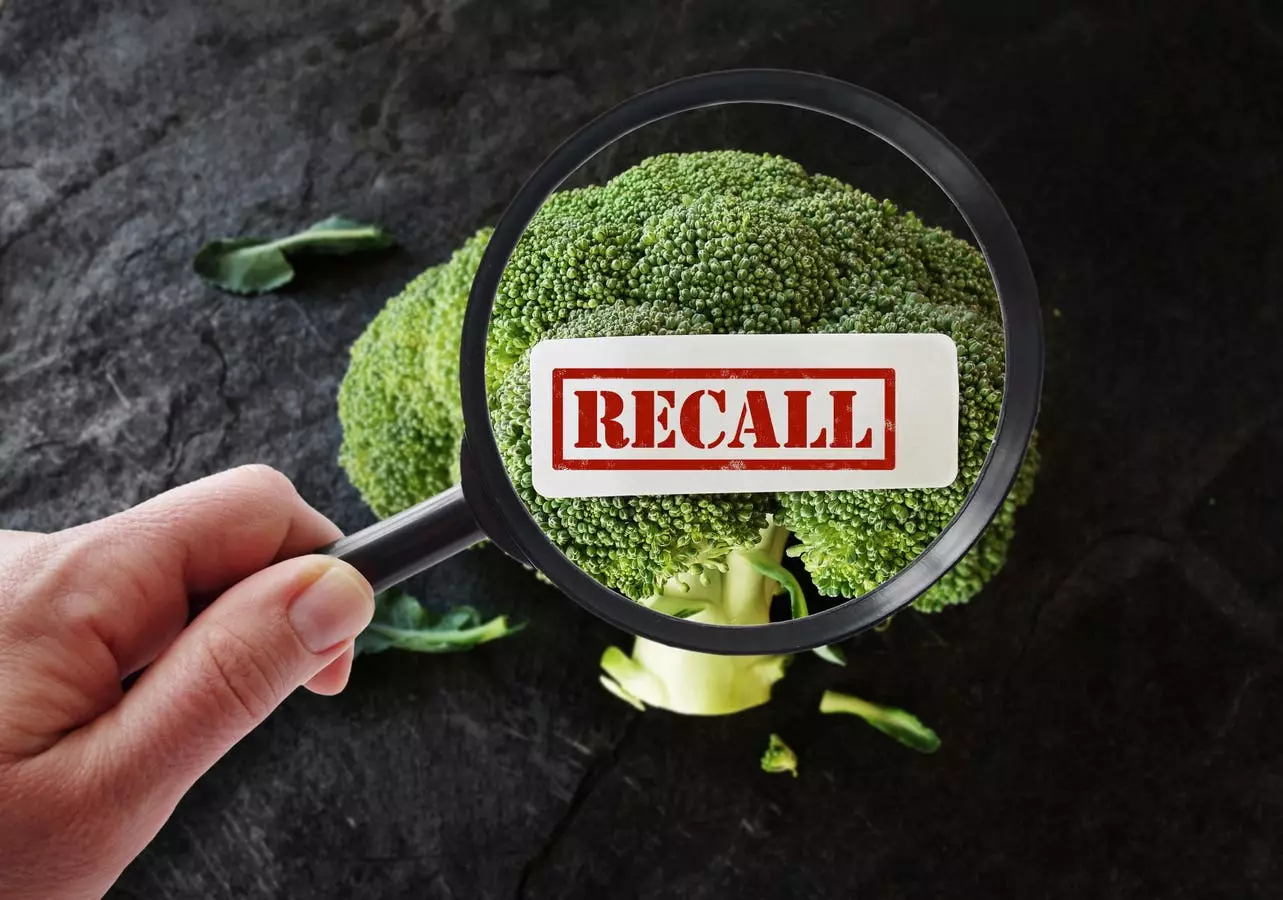Food recalls have become an increasingly important aspect of public health, revealing the complexities behind what might seem like straightforward advisories. They can evolve rapidly from simple warnings into significant health threats, often requiring immediate consumer awareness and regulatory action. This article explores the factors contributing to these escalated recalls, focusing particularly on Class 1 situations that indicate severe risks to health, as illustrated by notable examples including Walmart’s broccoli recall and Lay’s potato chips.
The U.S. Food and Drug Administration (FDA) employs a classification system to communicate the risk level associated with food recalls. The three primary categories are:
– **Class I**: This is the most serious classification, reserved for situations where there is a reasonable probability that consuming the contaminated product could result in serious health complications or death. Common examples include foods contaminated with pathogens like Listeria or Salmonella, as well as products containing undeclared allergens that can provoke severe allergic reactions.
– **Class II**: This category includes recalls for products that might cause temporary or reversible health issues but are not expected to be life-threatening. Examples may include items with minor contamination or incorrect labeling that does not pose significant health risks.
– **Class III**: Represents the least serious level, involving products that violate FDA regulations but are unlikely to cause health problems. Typical issues include packaging errors or minor inaccuracies in weight labeling.
Understanding these classifications helps consumers gauge the level of caution needed when faced with a recall notification.
A notable trend observed this year is the shift of several food recalls from less severe classifications to Class 1 status. This transition often occurs due to emerging evidence or test results that reveal more extensive contamination. The escalation may be triggered by various factors:
1. **Widespread Contamination**: In some instances, initial testing may indicate minimal risks; however, further testing can uncover that contamination is far more prevalent than previously understood. This was evident in the Walmart broccoli case, where initial advisories were quickly escalated once widespread Listeria presence was confirmed.
2. **Reports of Illness**: When media reports or public health investigations link consumer illnesses to a specific product, the urgency of a recall may heighten. This was the situation with Lay’s chips, where initial indications of contamination led to an upgrade due to confirmed allergic reactions among consumers.
3. **Expanded Distribution**: As food products are traced through supply chains, it can become apparent that they have been distributed to a wider range of consumers than initially reported. The escalation of Costco’s Kirkland Signature eggs exemplifies this aspect; what began as a contained recall escalated once it became clear the eggs had reached multiple states.
Several Class 1 recalls have characterized consumer safety concerns over the past year:
– **Walmart’s Marketside Broccoli Florets**: Initially issued as a precautionary measure, the broccoli recall evolved into a Class 1 alert when further tests confirmed the presence of Listeria monocytogenes. Given Listeria’s dangerous properties—particularly for vulnerable populations like pregnant women and the elderly—the rapid escalation of this recall exemplified the critical responsiveness required in food safety.
– **Lay’s Potato Chips**: Originally deemed a Class 2 recall due to a labeling error, Lay’s situation became severe when further investigations confirmed milk contamination. This posed a lethal threat to individuals with dairy allergies, prompting the FDA to promptly elevate the recall status.
– **Costco’s Kirkland Organic Eggs**: This case demonstrates how initial recalls can be limited in scope but escalate due to broader distribution patterns and confirmed tests for Salmonella, a dangerous pathogen.
– **Wicklow Gold Cheddar**: Following a positive test for Listeria, Abbey Specialty Foods acted quickly to issue a Class 1 recall. Recognizing that soft cheeses, which can harbor deadly pathogens, necessitate immediate action is crucial in preventing widespread illness.
– **Cal Yee Farm Snack Products**: An extensive recall was enacted when it became clear that several products contained undeclared allergens. This demonstrates how laxer standards in labeling can quickly lead to severe public health risks.
Food recalls serve as a reminder of the intricate balance between food safety and public health. As demonstrated by a multitude of Class 1 escalations, these issues can arise from varying factors, emphasizing that vigilance is key. Consumers should proactively seek information about recalls, as informed choices are essential in navigating today’s complex food landscape. While regulatory actions are crucial, staying educated about potential risks enables individuals to protect themselves and their families effectively. In an environment where food safety is paramount, awareness and education should accompany every meal.

